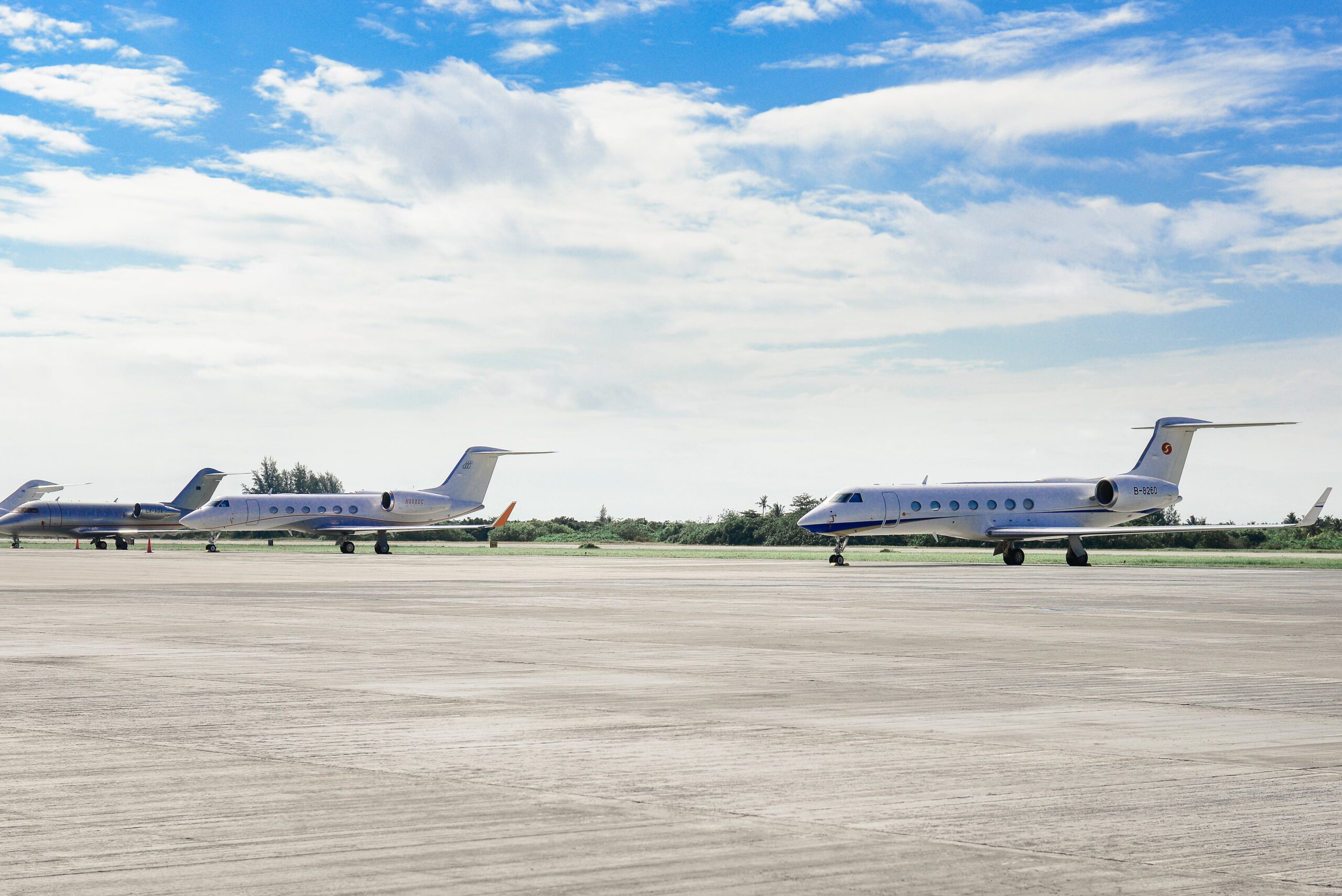Tut-tut, Taylor. How star’s jet-propelled rush to smooch with Travis will cost the Earth dearly.

Much of last week, the internet and its various variants were buzzing with a burning question: Would Taylor Swift be able to make it back from a concert in Japan to be at in Las Vegas in time to watch bearded boyfriend Travis Kelce play in Sunday’s Super Bowl?
MORE ABOUT FLYING: Where Will The Wealthy Go When Miami Becomes Uninhabitable?
MORE ON TAYLOR SWIFT: The World’s Most Famous Person Meets The Climate Crisis
Breathless estimates of distances from airports, time differences between Tokyo and Vegas, whether her jet — one of two she uses! — would need refueling during its cross-Pacific passage and more were measured, resulting in the calculation that, yes, she could make it in time.
Phew!
Meanwhile, in the margins, people concerned about the environment and global warming were whispering — and more — about the pollution pouring out of Swift’s plane. For instance, the roundtrip on her jaunt to Japan amounts to about 19,500 miles, something that Gregory Kioleian, co-director of the Center for Sustainable Systems at the University of Michigan, told the AP would likely result in about 200,000 pounds of carbon dioxide emissions — or about 14 times as much as the average American household emits in a year, according to data from the U.S. Energy Information Administration.
And then after the Super Bowl, she has to fly back across the Pacific to Australia to continue her tour, a leg that will add a whole lot more effluent into the atmosphere.
Swift seems to be aware of the perception problem, with her publicist telling the agency that “Taylor purchased more than double the carbon credits needed to offset all tour travel” before her tour began.
But the numbers are as gobsmacking as a linebacker’s hit: Private jet trips rank as the most carbon-intensive ways to travel, generating nine times as much carbon per passenger as flying commercial, according to a 2023 paper from University College London.
So how to stifle the plane-propelled pollution? Well, last year Democrats Sen. Edward Markey and Rep. Nydia Velázquez introduced the Fueling Alternative Transportation with a Carbon Aviation Tax (FATCAT) Act, which would raise the tax on private jet fuel from $0.22 per gallon to $1.95, reports The Washington Post. The bill, however, has gone nowhere. And there have also been proposals, so far to no avail, to add extra sales tax as well as preventing private jet owners from claiming their steeds as a business expense when it’s time to file with the IRS.
All meaning that Vegas smooch between Taylor and Travis will cost the Earth a pretty penny environmentally.
As Swift’s 2017 hit said, “Look What You Made Me Do.”
More from ClimateCrisis 247
- Climate Fake News Penalties May Cost Billions
- Private Jet Emissions The Same As 177 Cars
- Fight To Save Climate Is Falling Apart
- Bottle Caps Spread Microplastics To Humans






